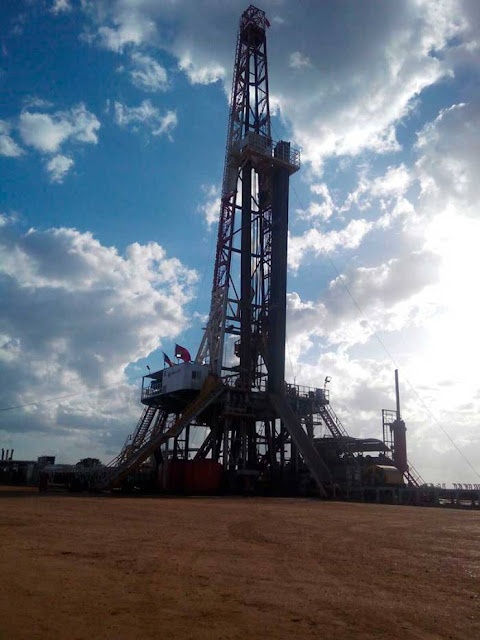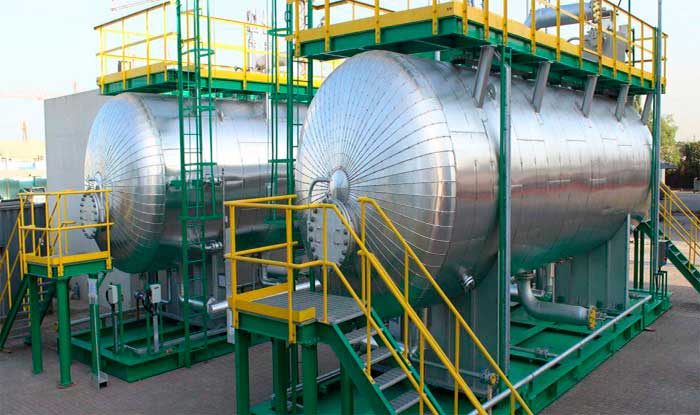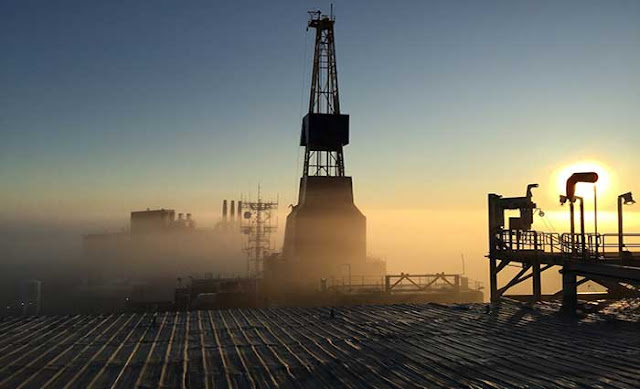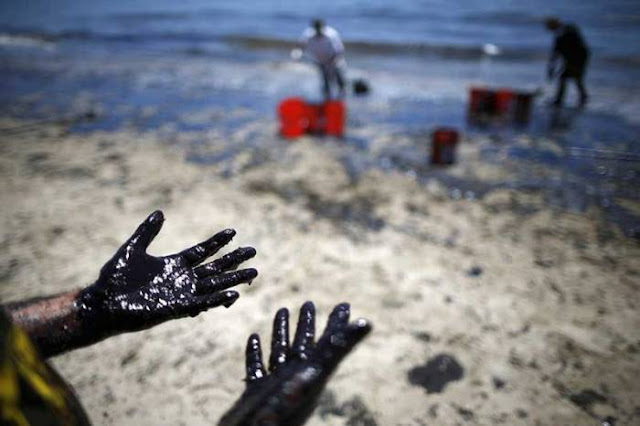The Cannonade in the Perforation of Wells
ACCORDING
TO THE ESTIMATED DEPTH OF THE OIL WELL, THE STRUCTURES TO BE TRAVERSED AND THE
SUBSTITUTE CONDITIONS, THE DRILLING EQUIPMENT IS SELECTED.
In oil
wells, devices called cannons or drilling guns containing pre-molded explosive
charges of different sizes and configurations are used for drilling.
 |
Well drilling. Picture from steemit.com
|
The
characteristics of the well, as well as the surface conditions, determine the
diameter of the barrel to be used for drilling. It is from there that the term
cannon is derived, to describe the process of creating openings through the
casing and a layer of cement extended within the formation, and so establish
effective communication between the well and the reservoir.
The cannon work allows to carry out cementation
work and improve the production by injection, for which multiple aspects have
to be taken into account. First, each site determines the type of equipment
needed, the techniques to be used for drilling the well to determine the most
suitable specific procedure. After the preliminary study, the characteristics
of the pipes and cement are determined, as well as the quantity and type of
load that will support the canyon.
The
efficiency of the cannon can be affected by the temperature, the resistance of
the formation and the state of the cement, since the choice of the type of
cannon varies between jet, bullet or hydraulic cannon.
 |
| The cannonade of wells. Picture from utsvirtual.edu.co |
Jet guns:
they are the most recently used and used in more than 95% of the cannon
operations. They use high power explosives, molded loads with metal covers and
can be lowered simultaneously by using electrical or mechanical gems. Jet guns
are ignited with an electric detonator that causes a chain reaction between the
detonator and the explosive. After the explosion, the lining material flows in
a high-density jet.
Bulletproof
cannon: although it is currently not widely used, it is still applied in soft
or cracked formations. The bullets are fired towards the casing, crossing the
cement until reaching the site.
Hydraulic
gunning: open holes one at a time, through the casing, cement, and formation,
with high-pressure jets of a fluid resulting from the mixture of water with
sand. This method has the disadvantage of the high costs involved.



